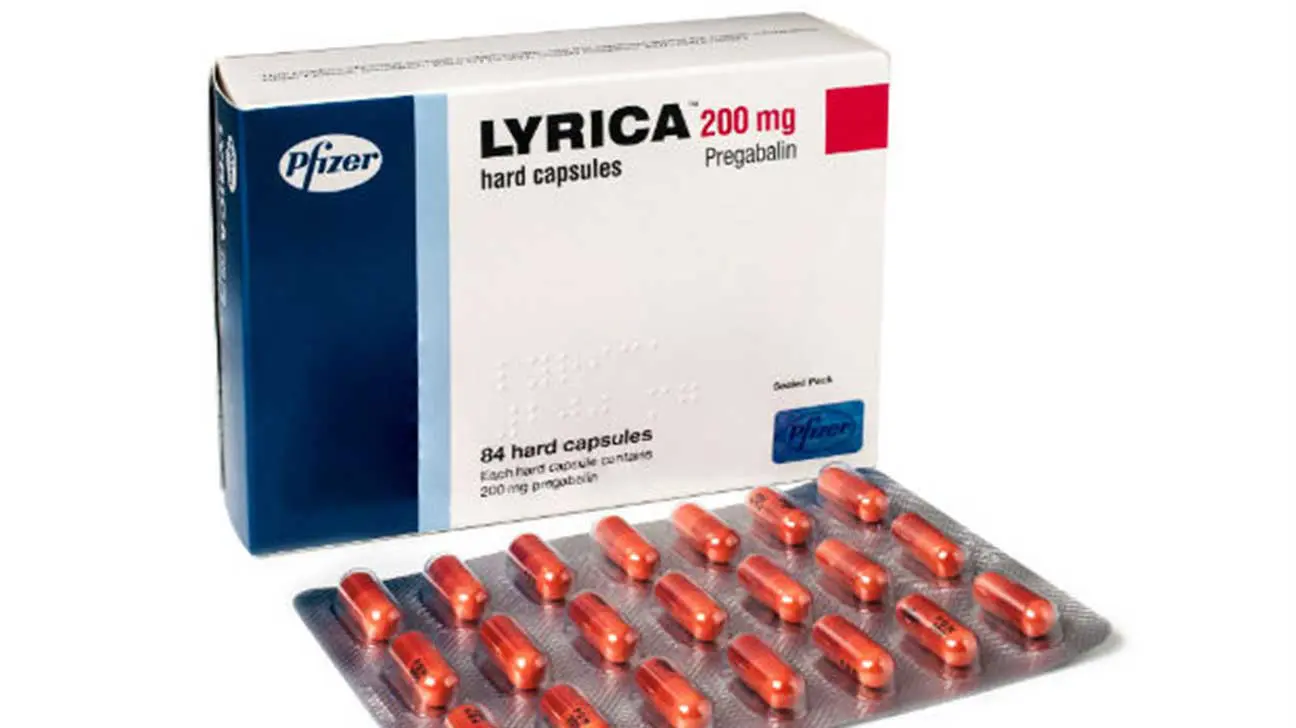
Lyrica (pregabalin) is the brand name of a generic prescription drug that acts as a central nervous system depressant, affecting the brain’s neurotransmitters to produce sedative effects.
It may be prescribed to treat nerve damage from shingles infection, spinal cord injury, or diabetes. It may also be sued to treat other health conditions such as epilepsy, anxiety, and fibromyalgia.
Read more about the dangers of snorting drugs.
Side Effects Of Snorting Lyrica
When under the supervision of a qualified healthcare professional and used as prescribed, Lyrica has side effects that include lethargy and weight gain.
When Lyrica is abused at high doses, it may lead to drowsiness, dizziness, and confusion. People who have mental health issues may be at increased risk of hallucinations, depression, and suicidal thoughts.
Other effects of pregabalin abuse include:
- insomnia
- constipation
- confusion
- nausea and vomiting
- muscle weakness
- difficulty breathing
- hallucinations
- generalized anxiety disorder
- suicidal thoughts
Lyrica may reduce fertility in males. Further, the prescription medication may increase risks for pregnant women and their unborn child, including congenital birth defects.
More research is currently needed to determine the potential adverse effects of misusing CNS depressants like pregabalin.
Reasons For Snorting Lyrica
While Lyrica is often safely prescribed for treating nerve pain, it is a Schedule V prescription drug and can be habit-forming when abused.
People who abuse Lyrica without a prescription and guidance of a qualified medical professional are at high risk for developing a Lyrica drug addiction and more likely to snort it than swallow it in pill form.
As a generic medication, it is low in cost and easy to obtain, which increases Lyrica’s abuse potential. People who snort Lyrica do so to feel the euphoric effects faster.
Signs And Symptoms Of Snorting Lyrica
People who abuse Lyrica often partake in polysubstance abuse with opiates such as oxycodone, methadone, or diazepam, cannabis, or alcohol, and are at increased risk of adverse side effects.
Snorting Lyrica is dangerous and may lead to damage to nasal membranes and cause permanent loss of smell.
Some symptoms of Lyrica addiction include:
- fever
- heart palpitations
- depression/anxiety
- impaired memory
- difficulty speaking
- loss of coordination
- dizziness
Other behavioral signs of Lyrica addiction are similar to addiction of other prescription medications and controlled substances.
Signs of Lyrica addiction include:
- lying about Lyrica use or exaggerating medical symptoms to a doctor
- neglect of personal and professional responsibilities
- refusing to quit Lyrica despite legal, social, or financial ramifications
- hiding or lying about drug abuse to friends and family
- self-isolating behavior
Lyrica Withdrawal
Lyrica withdrawal symptoms are similar to withdrawal from benzodiazepines, alcohol, and opioids. Withdrawal symptoms are caused by the brain and body’s chemical dependence on Lyrica.
The severity and duration of withdrawal symptoms depend on the longevity and frequency of use of pregabalin.
Acute withdrawal symptoms from Lyrica substance misuse will occur within 24 hours after the last dose of the drug. When abused habitually at higher doses, withdrawal symptoms may last up to two weeks.
People who abuse Lyrica at a lower dose and with less frequency may experience withdrawal symptoms lasting several days.
Signs Of Lyrica Withdrawal
It is not recommended for people who have become chemically dependent or addicted to Lyrica to stop the medication abruptly.
Signs of pregabalin withdrawal may include:
- seizures
- confusion
- anxiety
- cravings
- heart palpitations
- nausea and vomiting
- agitation
- diarrhea
- suicidal thoughts
- extreme sweating
- mood changes
- depression
- insomnia
It’s important to consult with a prescribing medical professional before starting or stopping this prescription medication.
Addiction Treatment Options For Prescription Drug Abuse
If you or a loved one are facing addiction to prescription drugs, you can find treatment today. Call AddictionResource.net to learn more about the recovery process and your inpatient or residential treatment options.
Addiction Resource aims to provide only the most current, accurate information in regards to addiction and addiction treatment, which means we only reference the most credible sources available.
These include peer-reviewed journals, government entities and academic institutions, and leaders in addiction healthcare and advocacy. Learn more about how we safeguard our content by viewing our editorial policy.
- National Institute of Health — Intranasal Pregabalin Administration: A Review of the Literature and the Worldwide Spontaneous Reporting System of Adverse Drug Reactions
https://pubmed.ncbi.nlm.nih.gov/31766153/ - Emergency Medical Journal — Lyrica nights-recreational pregabalin abuse in an urban emergency department
https://www.researchgate.net/publication/256470268_Lyrica_nights-recreational_pregabalin_abuse_in_an_urban_emergency_department


